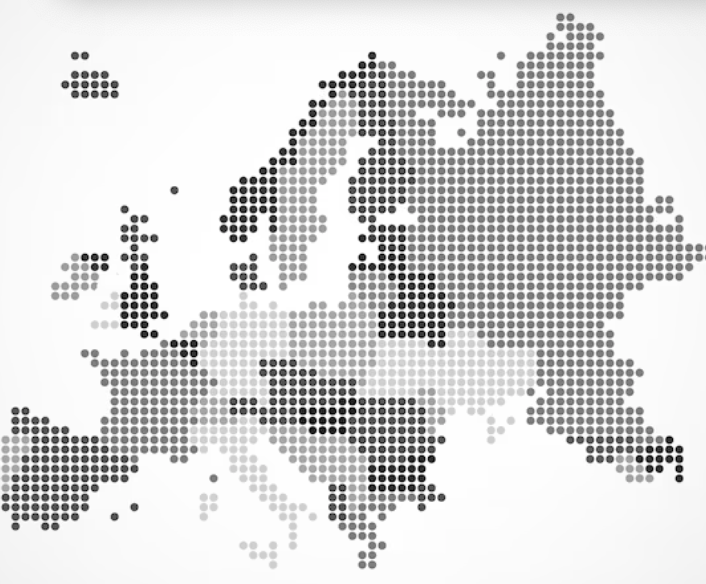$MSFT $SAP
#EU #cybersecurity #technology #regulation #cybercrime #dataprotection #infosec #compliance #business #innovation #digitaltransformation #EuropeanUnion
The new European Union regulations, aimed at bolstering the cyber defenses of businesses, have encountered a rocky beginning. These rules, part of a broader initiative to strengthen cybersecurity across the bloc, require companies in critical sectors to adopt significant measures to protect their IT infrastructure from cyber threats. Despite the urgency underscored by a global uptick in cyber-attacks, many member states are lagging in implementing these guidelines, leading to a disjointed approach towards a common cybersecurity strategy.
This uneven start highlights the challenges of harmonizing cybersecurity efforts across the EU’s 27 member states, each with its unique digital infrastructure and cybersecurity preparedness. The new regulation, known as the NIS2 Directive (Network and Information Systems Directive), expands on its predecessor by covering a wider array of sectors, including banking, energy, healthcare, and digital infrastructure. It mandates that these sectors take proactive steps to shield themselves from cyber threats and report any significant cyber incidents to national authorities.
However, the staggered adoption of the directive across member states has raised concerns about the EU’s vulnerability to coordinated cyber-attacks. This scenario underscores the difficulties in achieving uniform cybersecurity standards in a region characterized by diverse technological landscapes and differing national priorities. Critics argue that without full compliance and a unified approach, the effectiveness of the NIS2 Directive in safeguarding the EU’s digital infrastructure against sophisticated cyber threats could be compromised.
Moreover, the implications of these regulatory challenges extend beyond cybersecurity. They touch upon key economic and geopolitical aspects, as businesses operating in critical sectors are vital to the internal market and the overall stability of the EU. Companies like Microsoft (MSFT) and SAP (SAP), with significant operations in Europe, find themselves navigating a complex regulatory framework, underlining the necessity for clear, consistent cyber defense policies. As the EU strives to reinforce its cyber defenses, the successful implementation of the NIS2 Directive will be crucial in protecting Europe’s digital ecosystem from emerging cyber threats, ensuring the security and resilience of its digital future.







Comments are closed.